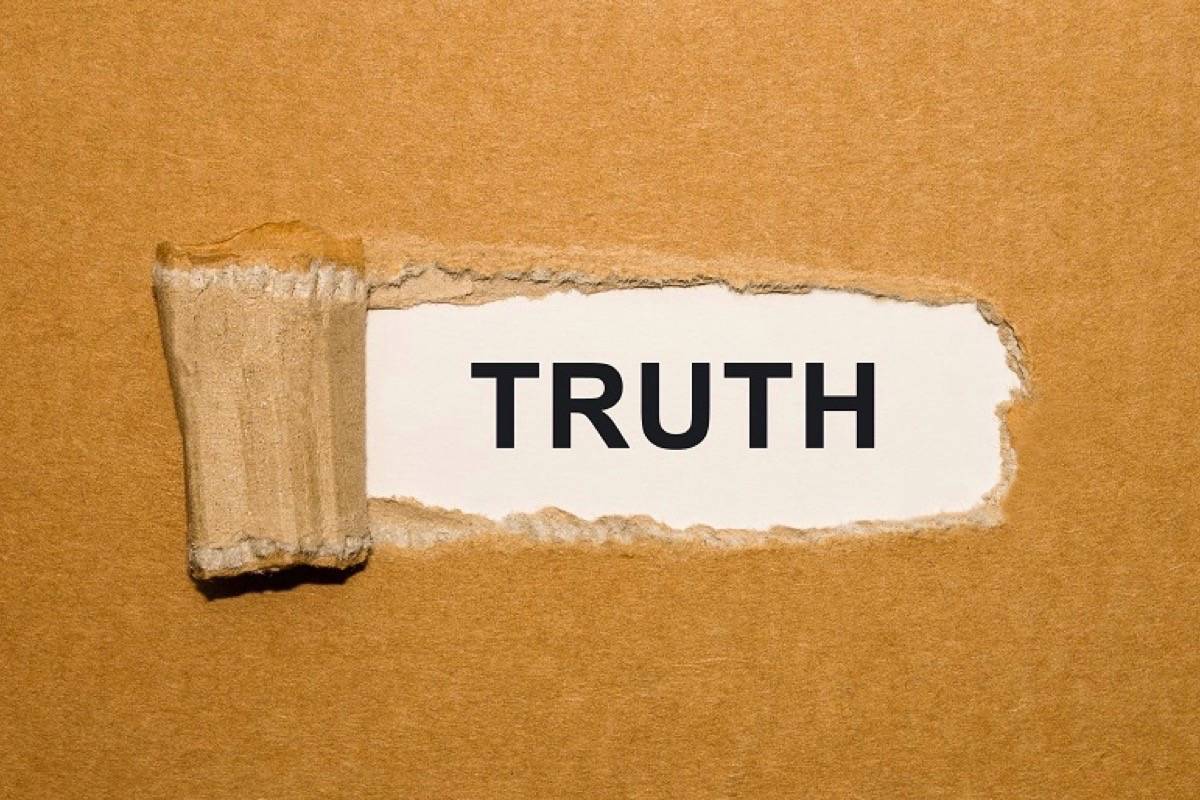The Bible assumes God is real. Every verse and poetic prose in the bible forcefully declares God is the center of the universe. Everything alive depends on him, and God is the only being not dependent on anyone, or anything. God is the author of all life. The Bible does not philosophize about God’s existence, it simply declares it. The Bible openly states some will fight against God and attempt to deny him.
Genesis Chapter 1 – Apologetics
A Few Helpful Lists
Below I list a number of things that I believe you will find helpful.
8 Intelligent Reasons God is Real
1. God is the best explanation for why anything exists at all
This is still a powerful argument against atheism and agnosticism.
Here is a simplified understanding of the argument, it goes like this:
- (a) Everything that is alive has an explanation for why
- (b) The universe can be explained as being alive because of God
- (c) God is the only reason the universe is alive
2. God is the best explanation for the universe
The universe has no eternity past. It is in fact slowly expanding, proving that it had a beginning. Mathematically an expanding universe, by definition means it had a beginning.
3. God is the best explanation for mathematics and the laws of physics
According to William Lane Craig, “Mathematics is the language of nature.” Numbers are not part of the physical world yet govern it. How is that possible? Dr. Craig goes on to say, ” When God created the physical universe he designed it in terms of the mathematical structure which he had in mind.”
4. God is the best explanation for intelligent life
There is nothing in the Big Bang Theory that offers a solid rationale for human intelligence. Human intelligence is witness to a designer who perfectly fine-tuned the universe.
5. God is the best explanation for consciousness
This is the ability to perceive things. This is a profound point. For example, you’re capable of living in the present, yet your mind is also capable of planning the vacation you want to take next year, next year doesn’t yet exist, but you are capable of thinking about it. Humans do this because God has made it so.
6. God is the best explanation for morality
Atheism has no moral justification for action other than its own selfishness. There is no virtue in atheism.
7. The fact that you can think about God proves he is real.
When a person attempts to deny God they prove he is real. One cannot deny God and argue against him, without first accepting he is real.
8. God can be personally known, enjoyed, and experienced.
This the where most believers give personal testimony to knowing God, and knowing God is the testimony of scripture.
(Taken from William Lane Craig)
https://www.reasonablefaith.org/writings/popular-writings/existence-nature-of-god/does-god-exist1
What About Science and Scripture?
There is no conflict between science and scripture. Science adjusts its facts to the ongoing revelation of the natural world. The most rational thing a person can do is give their life to Jesus Christ. The second most rational thing a person can do is to become deeply curious about the world God made, how that design works, and the benefits found within.
Rebecca McLaughlin
Rebecca McLaughlin writes, “If a rational God made the universe and endowed humans with an intelligence that echoed his own, perhaps his image bearing creatures would be able to discern his laws”
Confronting Christianity, 30
Alvin Plantinga
Alvin Plantinga, explains it this way, “There is indeed a conflict between science and naturalism (the view that there is no such person as God or anything like God), there is no conflict between science and religion.”
Warranted Christian Belief, 8
There are serious errors within philosophic naturalism. One example, as it applies to science, is that the person holding to naturalism as an explanation of the world around them is holding tightly to other beliefs beyond science, and brings those other beliefs into the scientific arena while being unable to admit the bias.
J.P. Moreland
To the surprise of many, as I”m writing this, there is no accepted definition of what science is and is not by the scientific community. J.P. Moreland was used by God to lead a modern revival of philosophy, he puts it this way: “For one thing, the statement ‘Only what can be known by science or quantified and empirically tested is rational and true’ is self-refuting. This statement is not a statement of science. It is a philosophic statement about science. How could the statement itself be quantified and empirically tested? And if it cannot, then by the statement’s own standards, it cannot itself be true or rationally tested.”
Dr. Moreland continues, “Another way of putting this is to say that the aims, methodologies, and presuppositions of science cannot be validated by science. One cannot turn to science to justify science any more than one can pull oneself up by his own bootstraps. The validation of science is a philosophical issue, not a scientific one, and any claim to the contrary will be a self-refuting philosophical claim.”
Scaling The Secular City, 197
Famous Scientist and Scripture
I am typing these words and you are reading them because God created an ordered universe. This constant has fascinated many and led talented folks to probe the mind of God through science. Unknown to many is the deep devotion to Christ in the founding fathers of modern science.
- Roger Bacon (1214-1294) was a Franciscan Friar. He is considered one of the fathers of the scientific method.
- William of Ockham (1285-1350) was also a Franciscan Friar. He along with Bacon is considered the father of the scientific method still in use today.
- Robert Boyle (1627-1691) has a scientific law named after him – Boyles’s Law – this is a basic law in chemistry describing the behavior of gas when held at a constant temperature. He loved Jesus, bible translation, and evangelism. He became a scientist instead of a gospel preacher/missionary because he believed he could serve Christ better in that capacity.
- Isaac Newton (1642-1727) was not a follower of Christ in the truest sense but held tightly to a biblical worldview and believed deeply in God, writing extensively about God and physics.
- Michael Faraday 1791-1867) has an incredible legacy and is likely the greatest scientist you’ve ever heard of, which should make you sad. A few serious academic conclusions are named after him: The Faraday Constant, The Faraday Effect, and the Faraday Cage. He was a deeply devoted follower of Christ and loved seeing how his faith in Christ developed his scientific skills. His field of expertise is in electromagnetism.
- James Clerk Maxwell (1831-1879) scientifically unified electricity, magnetism and light. He was a devoted evangelical Presbyterian and an Elder in the Church of Scotland, he viewed his scientific work as an act of worshipping Jesus.
Rebecca Mclaughlin Confronting Jesus, 112
Let’s Deal With Galileo
Oddly enough, a recent survey of academics and scientists claim Galileo’s torture at the hands of the Catholic Church turned them into atheists. Galileo was bold enough to prove that the Bible had the sun at the center of the universe, and in truth what he was exposing was an unbiblical concept that came from Aristotle. Modern scientist uses this error to justify themselves – but here is the scientific truth – the church never tortured Galileo. His torture is a myth, strong enough to convince otherwise factual people.
Moses Wrote the Book of Genesis
After the resurrection, In Luke 24:27, Jesus walks to Emmaus alongside two others. Here is how the New Testament explains Moses’ authorship of Genesis – “And beginning at Moses (this means Genesis), and all the prophets, he expounded unto them in all the scriptures the things concerning himself.”
Then Jesus said – “These are my words that I spoke to you while I was still with you, that everything written about me in the Law of Moses (this means Genesis) and the Prophets and the Psalms must be fulfilled – then he opened their minds to understand the Scriptures.”
Moses Used Ancient Scrolls
There is a consistent phrase found in the book of Genesis, “Theses are the generations…” Studying the length of those sections leads us to believe that is how the ancient scrolls started, and there are 11 different scrolls going back before the flood (Genesis 2:4, 5:1, 6:9, 10:1, 11:10, 11:27, 25:12, 25:19, 36:1, 36:9, and 37:2) . Moses took those scrolls and comprised them into the book of Genesis.


